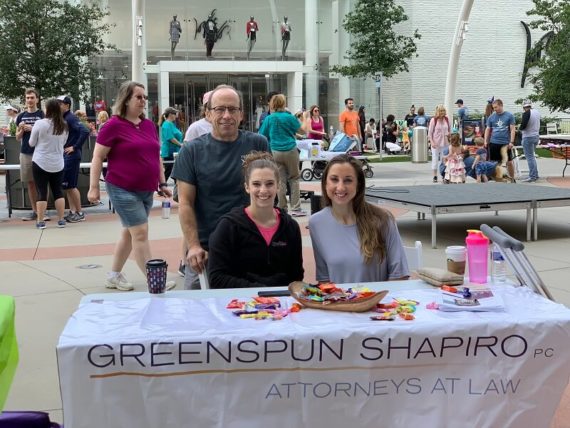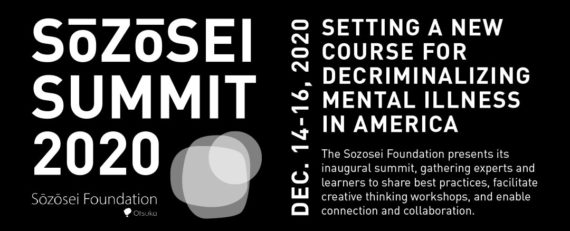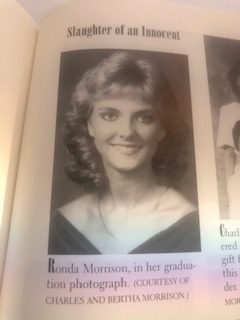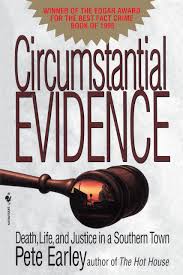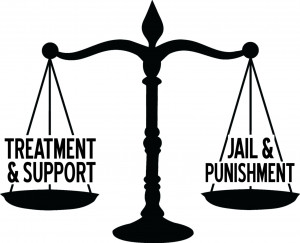
(12-11-20) FROM MY FILES FRIDAY: Cynthia Kemp, a deputy director at the Substance Abuse and Mental Health Services Administration, told attendees at a mental health summit two years ago how Arlington County, Va., created a jail diversion program that now is considered one of the best in the nation. Her advice is worth reading.
How To Launch A Jail Diversion Program In YOUR community
“Begin by finding a champion,” Cynthia Kemp told the 300 community leaders, who were invited by Louisiana Senator Bill Cassidy (R.) to a Louisiana Mental Health Summit in Baton Rogue. (A short news clip where both Sen. Cassidy and I are interviewed can be watched here.)
Kemp said it could be a judge, sheriff, police chief, state legislator, mayor – anyone who understands that locking up people who are sick is a waste of tax dollars and human potential.
Step Two: Hit the streets. Talk to the police to learn what problems they face because of persons with mental illnesses becoming entrapped in the criminal justice system. The National Alliance on Mental Illness reports that 40% of persons with a serious mental illness will have an encounter with the police. By some estimates, as high as 49% of all fatal police shootings involve someone with a mental illness. Advocates must also speak with public defenders, judges, prosecutors, local mental health providers, parents and persons with lived experience – and identify what barriers they have encountered preventing individuals from getting community mental health care.

